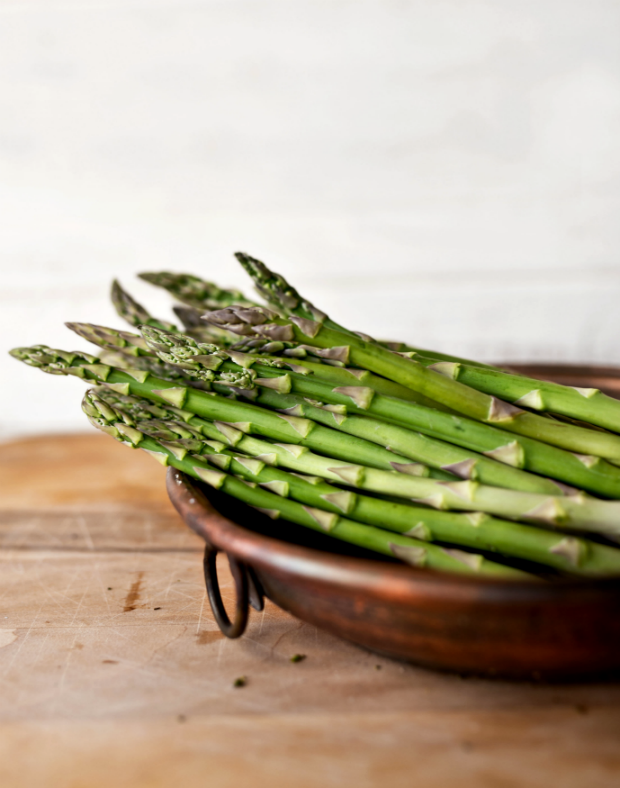‘Local is lekker’ is a term so embedded in the average South African’s vocabulary, it’s likely used as often as ‘just now’ or ‘braai’. And while most of us are deeply and proudly South African on so many levels, how many of us show our patriotism with our shopping baskets?
There have been a few incidents recently where big corporates have ‘borrowed’ the ideas of small, independent businesses, which has had devastating results. And the saddest part of all is those of us who have the means to shop consciously, just aren’t, despite how easy it is to keep things local. So, we’re sticking up for some of the small guys, by showing you just how easy it is to show your South African pride when shopping.
Why it matters
You show your support when South Africa is involved in any sporting event, right? You boldly claim Elon Musk, Charlize Theron and Trevor Noah as a fellow citizen, then why aren’t you doing the same with where you spend your money? Even if you did the most basic form of economics at school, you’ll understand why supporting local industry is a big deal to, well, local industry.
Essentially, spending your money with small, local businesses ensures that more of that money stays within the community. It’s estimated that when you shop with a small, independent business, nearly 60% of that money stays within the community, whereas only about 40% of that money stays local when shopping at a large retailer.
Small South African businesses are the biggest employers of local job seekers, so your money goes to growing a business that increases job creation. These local businesses also use South African suppliers, thus your money allows more money to be spent at another local business. Overall, this improves the economy as more entrepreneurs are inspired to start their own businesses, and so the cycle continues.
How to do it
We get it, the idea of strolling to the market every Saturday to do a weekly shop, or buying all your clothes from a local seamstress, while romantic and idyllic, is not feasible. People are busy with all-encompassing careers, children and school runs and, just generally living their lives. We’re not asking you to do away with convenience for the sake of a small business owner, but we are asking you to pay the slightest bit more attention to where you are spending your money. This can be as simple as picking up locally-made versions of your regular grocery items while at a large retailer.
For example, we all love hand-harvested sea salt, so why not switch to a local brand? You’re currently drinking only locally-made gins, I assume, so why not pick up a pack of Swaan, Barker and Quin or Symmetry tonic to go with it? Even some of the most banal items can be bought locally, such as pasta, chocolate and breakfast cereals. Or, perhaps, embrace the romance once a month and go off to the market or to your local butcher. The small effort on your part will make the world of difference to that independent retailer, and you might even end up chatting to the business owner.
Go that bit further
One thing that goes hand-in-hand with shopping locally, is shopping seasonally. It’s no use to anyone if you’re ensuring you pick up local brands where you can if you’re still buying Peruvian asparagus in the dead of Winter. Sticking to the seasons ensures that you’re keeping the local farming industry alive by consuming what they’re producing.
If you like the sound of shopping at the market, but can’t spare the time, there are some incredible vegetable box schemes such as Umthunzi and Harvest of Hope, delivered weekly to a nearby collection point. It’s as easy as stopping at the shops on the way home, and it’s also a lot more affordable.
The point I’m making here is not one of shame. It’s more of a call to action to spend more locally when you can. Stop when you’re shopping, pick up the food item, read the back label and take notice of where it’s come from. It’s not to say that you need to boycott big corporates or foreign business, you just need to know what you’re buying and try help where possible.
Jess Spiro is a chef and freelance writer based in Cape Town.

